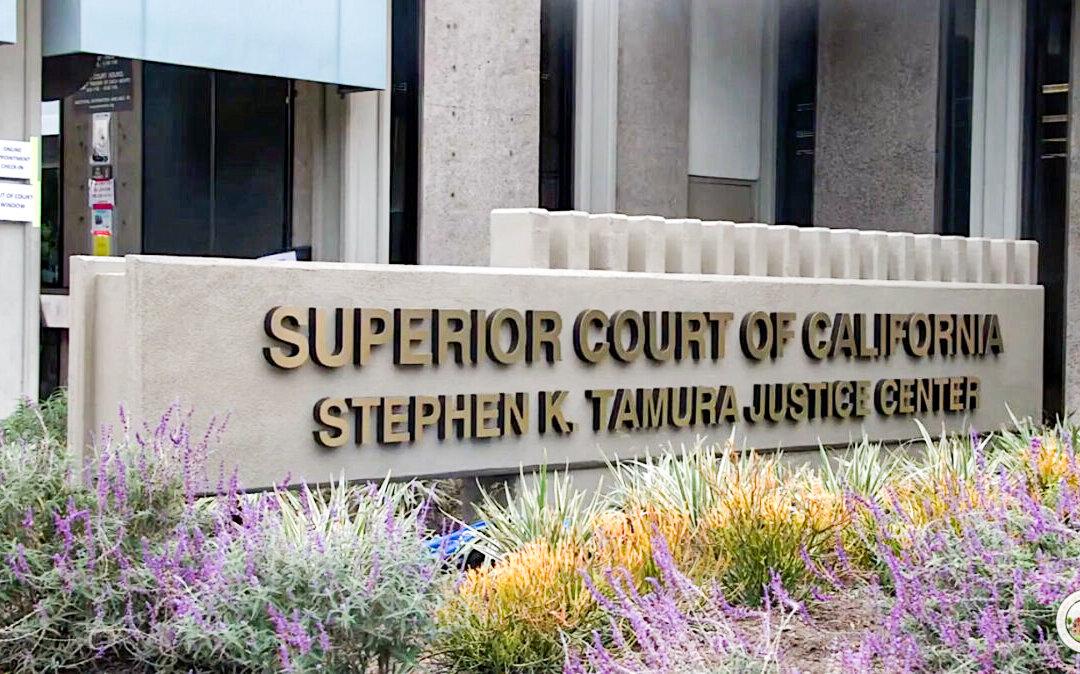MISSION VIEJO, Calif.—All five Mission Viejo city councilors may appear on the election ballot this November, after a judge recently decided to hear a lawsuit challenging their terms next week instead of in August.
While three councilors—Ed Sachs, Greg Raths, and Mayor Wendy Bucknam—were already up for re-election in November, a Mission Viejo resident Michael Schlesinger sued the city, arguing that councilors Trish Kelley and Brian Goodell should also appear on the ballot.





